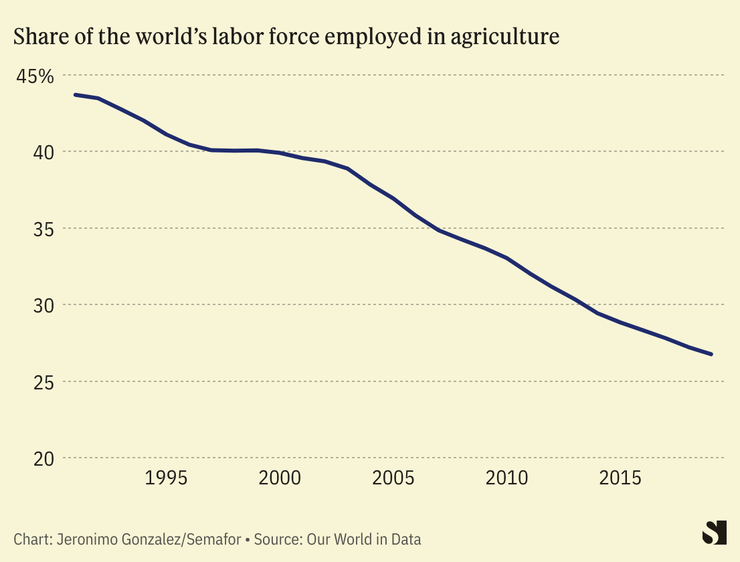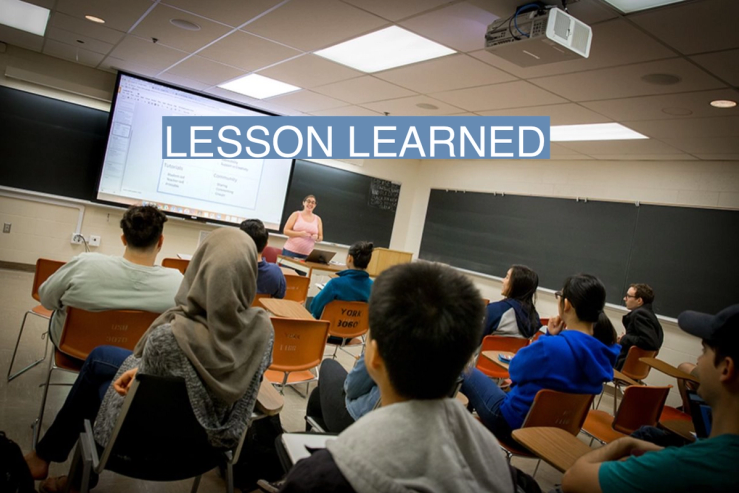A friend of mine has two teenage sons. He encouraged them to learn to code, thinking that it’s a pretty future-proof skill.
Then, in November, GPT-4, came out. It can write code much faster, and cheaper, than a human programmer. GPT-5 will be released this year and will presumably be better. Is it time to cancel the coding class?
My own job curating global news for this daily newsletter is in danger too. I just asked ChatGPT to summarize a Financial Times article about ChatGPT, and it did so, perfectly adequately, in about 20 seconds. I don’t want to give Semafor ideas, but ChatGPT’s wage demands are probably lower than mine.
So this is something I’ve been thinking about a lot. I have two children, aged seven and nine. How should I advise them when the time comes? I wrote a book about this stuff a while ago, so hopefully I have some insight. And I settled on a few pointers.
Physical work: A DeepMind roboticist once told me that robotics is about 10 years behind things like computer vision. You can quickly train an image-recognition AI on all the images on the internet, or a Go-playing AI on a million simulated games, but a physical robot doing a physical thing needs more time. Skilled physical work — jobs like being an electrician, chef, or plumber — should take longer to replace than jobs like (frankly) mine.

The personal touch: Jobs involving caring for people might survive for a while yet too. I can imagine all sorts of exciting avenues for involving AI in education, but little kids will still need an actual human in the classroom for the foreseeable future. Nursing and medicine involve diagnosing illnesses, which AI could soon become powerful at, but also dealing with scared patients, which might take longer.
Cultural connections: People want a human connection from things like art. They might read a poem by a human and feel that it speaks to them, but the same sequence of words would feel empty if written by a computer. Perhaps creative work will have a longer shelf life.
Maybe learning to code will still be useful: One tech policy adviser said recently that AI will lead to greater demand for developers, not less. But it would be funny if the rise of technology meant that parents started sternly advising their children to abandon their dreams of being a software engineer and instead get a nice stable job, like poetry.

